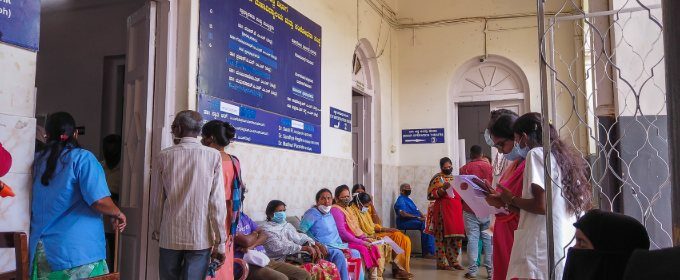Melanoma skin cancers are the UK’s fifth most common cancer, causing over 2,000 deaths each year. Over 85% of cases are preventable, with excessive exposure to ultraviolet light the most common cause, including the ultraviolet light used in sunbeds. The cancer risk from sunbeds is well known, but a new study has outlined the stark […]









